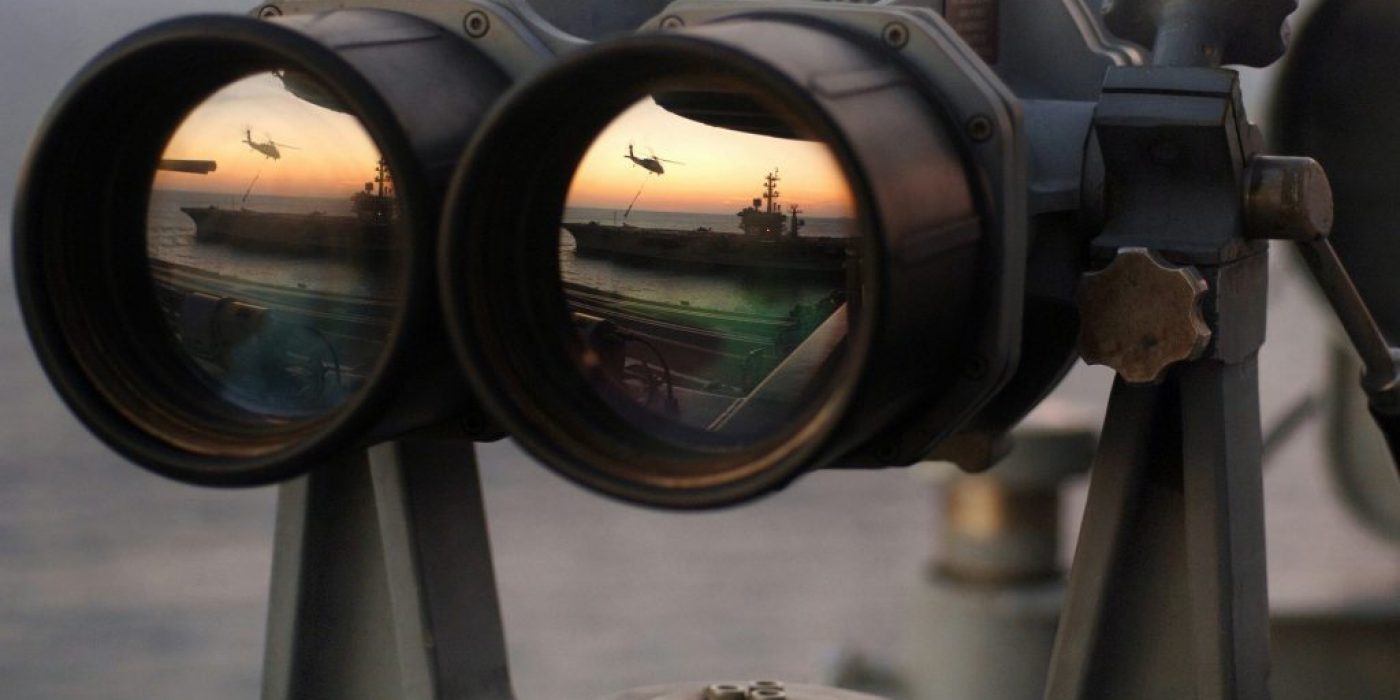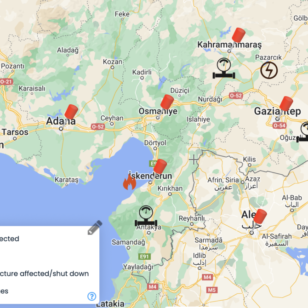April was a busy month. But since we celebrated Orthodox Easter during the last days of April, we postponed the issuance of our Strategic Focus by a week. We think this is to the better, not only because…vacations, but also because we included some of May’s (potential) highlights in here – which we will revise at the end of the month.
- The G7 concluded their Foreign Affairs Ministerial Meeting with a long communique – in fact the longest and most detailed that has been issued in the past 10 years (27 pages). This got our attention for a number of reasons. First, G7 foreign ministers do not issue joint communiques every year (there was a three-year hiatus of such communiques. When Russia was a G8 member, foreign ministers seldom issued official communiques, releasing chair’s statements instead.) Second, its first sections are dedicated to Russia and Ukraine and the Black Sea gets mentioned for the first time into such a document. While Eastern Europe took the first 6 paragraphs, Asia took the next 14 with China alone being discussed in 5 paragraphs. The document’s mathematics may give some ideas of what’s most important, but it is one thought that haunts after reading it: the U.S. and the U.K. are again coordinating on a “special relationship” just like they did in the 1980s and 1990s. We will likely talk more about this in the coming months.
- We all know about the battle of influence over the Eastern Mediterranean. We know less about the battle of influence over the Maghreb (the Western Mediterranean). France and Turkey – the two wannabe/emerging regional powers are confronting one another into a geography that poses a specific kind of risks to European stability. Antonia Colibășanu has written more about this topic here.
- The tech war and the semiconductor shortage are ongoing. An alliance between STMicroelectronics, NXP, Infineon and ASML is being rumored or wanted by EU officials. Its main benefit is suposedly a reduced dependence on foreign chipmakers amid the global supply chain crunch. It could also result into an even more dominant position of ASML on the global market. The news came after the ASML Holding NV Chief Executive Officer Peter Wennink said in a conference that „export controls are not the right way to manage your economic risks if you have determined that there is an economic risk,” arguing that if “you close China from access to technology, that will also cost non-Chinese economies a lot of jobs and a lot of income.” At the time, he also acknowledged ASML plans to resume business with China (the trade tensions between Washington and Beijing led to restrictions on the the company’s sale of advanced chip equipment to Chinese firms). [Meanwhile, the EU-China Comprehensive Agreement on Investment was put on ice on May 5, after the EU Parliament did not ratify it and sent it back to the EU Commission – we’ll also talk about this in the near future, we’re sure]. Antonia Colibășanu has written on this topic here.



